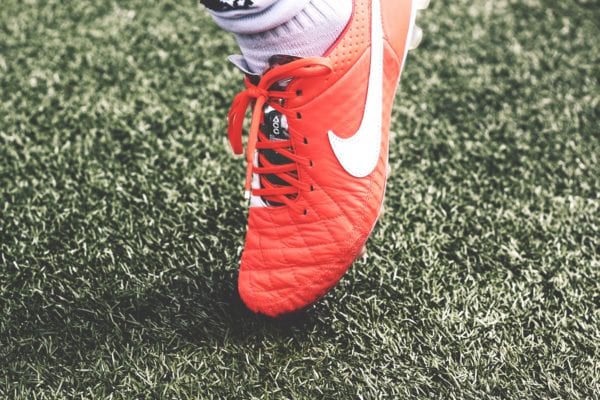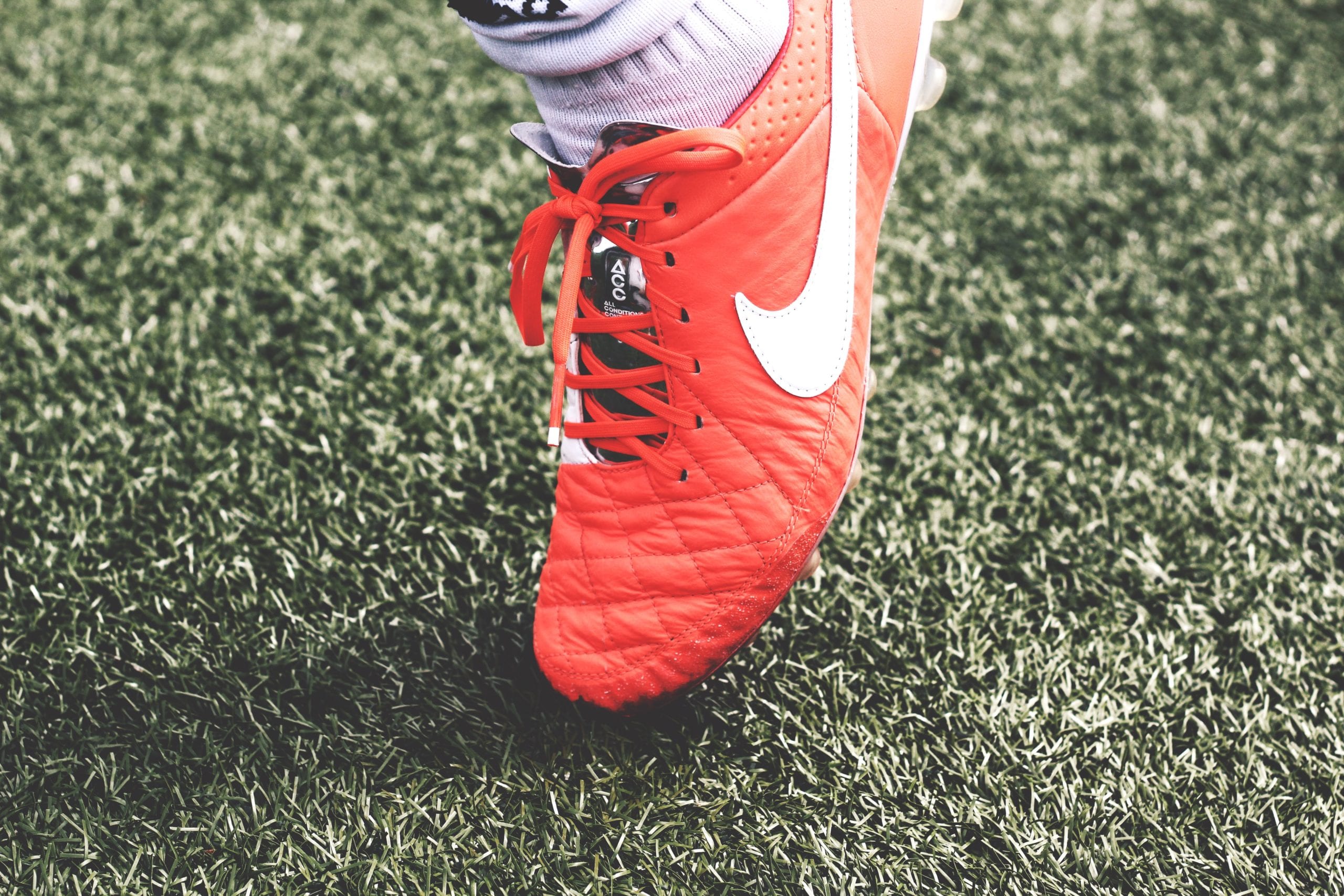

Although it is generally rare for journalists to accept endorsement deals, the realm of televised sports journalism appears to be an exception. Erin Andrews, a sideline reporter for the 2011 Rose Bowl and a spokeswoman for Reebok, caused a stir in the sports world and renewed concerns regarding journalists endorsing products for pay. During her coverage of the Rose Bowl, Andrews reported that the players from one team were performing poorly because the new Nike Zoom Alpha Talon cleats they were wearing were causing them to slip on the field. Her remarks remained uncontroversial until two weeks later, when Reebok announced that Andrews would be “the first female featured in Reebok’s ZigTech campaign,” endorsing a shoe in direct competition with the Nike cleat.
It is unclear whether Andrews had struck a deal with Reebok prior to her comments about the Nike shoe, but the comments led some to question her credibility. Kelly McBride, a journalism professor at the Poynter Institute states: “Journalists can review products. But they can’t take money from a company to endorse them. That totally ruins their credibility… If those reporters were getting paid to endorse mp3 players or cholesterol drugs, no one in the audience would trust their judgment, because their independence would be compromised.” On the other hand, ESPN, the news outlet Andrews works for, notes that it is unlikely that she would have many opportunities to discuss the shoes in her sideline reporting role. Even if she does, they argue that as long as she discloses her relationship with Reebok it should not be an issue.
While most would agree that journalistic endorsements can be problematic in certain contexts, it is not clear whether televised sports casting should be an exception. Todd Rosenstiel, director of Pew’s Project for Excellence in Journalism, says that disclosure is “the minimum standard,” but he compares sports reporting to political reporting. In the political context, journalists cannot accept money from parties or interest groups. Others, however, draw a line between hard journalism and the type of reporting Andrews engages in while covering sporting events, likening her more to an entertainer than a journalist.
In response to such concerns, ESPN instituted a new policy prohibiting reporters like Andrews from accepting endorsement deals. However, the policy is specific to reporters—not analysts. According to the policy, “… in assessing apparel, footwear and equipment, exceptions will be granted to players, coaches and administrators who are engaged as analysts and for whom such endorsements are part of the sports coverage/reporting landscape.”
Discussion Questions:
- Did Andrews do anything wrong? Why or why not?
- Would it matter if she had signed the Reebok deal before making the comments about the Nike shoes?
- Should ESPN cover the controversy surrounding Andrews? Why might one say they shouldn’t? If they do cover it, what would be the ethically best way to do so?
- Do endorsements hurt the credibility of sports reporters and analysts? Is it harmful enough for organizations like ESPN to forbid?
Further Information:
The Big Lead, “Erin Andrews has Another Controversy: Sneakers.” Available at: http://thebiglead.com/index.php/2011/01/27/erin-andrews-has-another-controversy-sneakers/
Katie Thomas, “Andrews faces Questions about a Deal with Reebok.” New York Times, January 29, 2011. Available at: http://www.nytimes.com/2011/01/30/sports/30espn.html
Allan Brettman, “ESPN revises Endorsement Policy; Erin Andrews allowed to keep Reebok Deal through 2011.” Available at: http://blog.oregonlive.com/playbooksandprofits/2011/04/espn_revises_endorsement_polic.html
Authors:
Danee Pye, Ph.D., & Scott R. Stroud, Ph.D.
Media Ethics Initiative
Center for Media Engagement
University of Texas at Austin
www.mediaethicsinitiative.org
This case study can be used in unmodified PDF form for classroom or educational settings. For use in publications such as textbooks, readers, and other works, please contact the Center for Media Engagement.
Ethics Case Study © 2018 by Center for Media Engagement is licensed under CC BY-NC-SA 4.0



